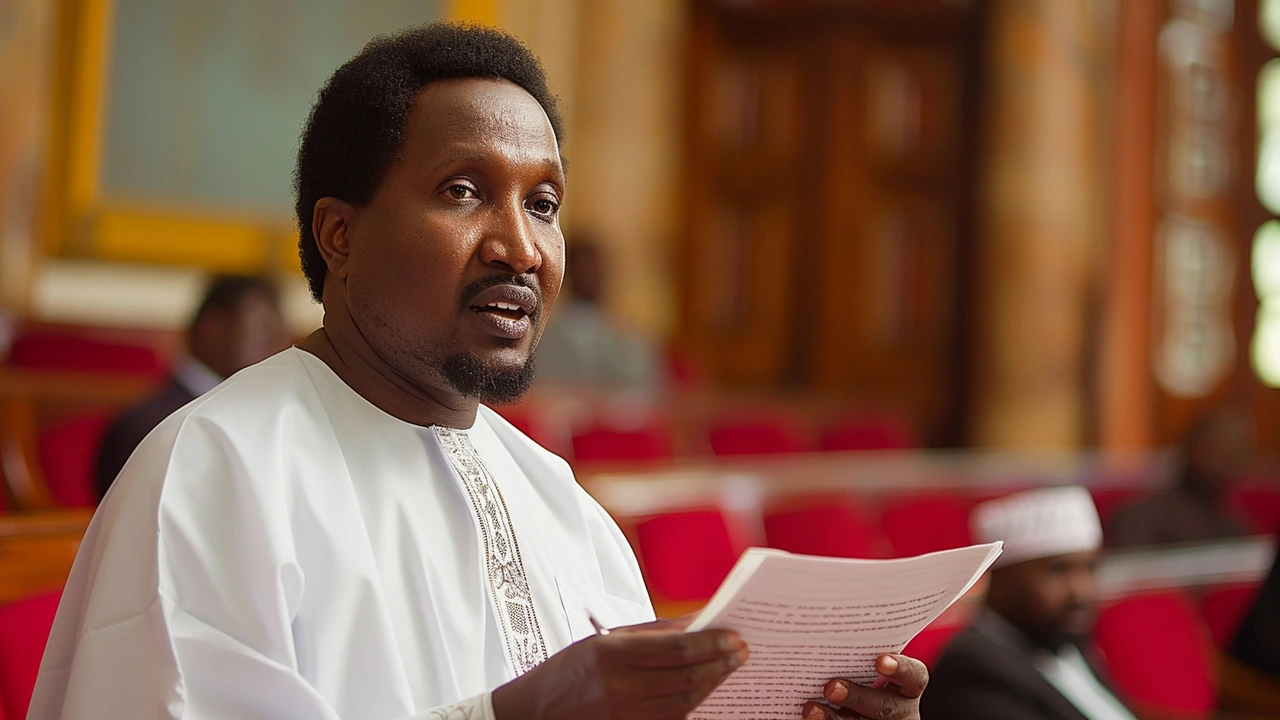The Nigerian Senate plays a huge role in shaping the laws and policies that impact millions across the country. If you've been curious about what’s currently happening in Abuja’s upper legislative chamber, you’re in the right place. This is where the key debates happen, bills get passed, and political moves play out that affect Nigeria’s future.
The Senate is made up of 109 senators representing the 36 states and the Federal Capital Territory. They debate and approve legislation, and they also have oversight powers to check the executive branch. Their decisions influence everything from the economy to social policies and international relations.
Recent headlines have highlighted important activities and court rulings around some of Nigeria’s top political figures. For instance, the Senate often gets involved in national legal battles and governance issues that make waves beyond parliament itself. These developments can directly impact the stability and direction of Nigerian politics.
One ongoing topic involves property forfeiture cases, showing how politics and law enforcement connect in real-life scenarios. The Senate’s discussions about public assets and governance reforms are also crucial for citizens keeping an eye on transparency and accountability.
Understanding the Senate gives you a front-row seat to how laws and policies affecting your daily life are shaped. Whether it’s budget decisions, education reforms, or national security, the Senate is often the battleground where the future is decided. If you want to grasp Nigeria’s political pulse, keeping tabs on Senate happenings is the best way to stay informed.
So, if you’re interested in Nigerian politics or simply want to know how government decisions might affect you, staying updated on the Senate is key. We cover the latest news, important bills, and political shifts that define the Senate’s role in Nigeria’s democracy. Keep checking back for news you can trust, explained in a way that makes sense without the confusing jargon.
Posted by
Siseko Tapile
18 Comments

Senator Jibrin Barau assures that the creation of zonal development commissions is not a move to return Nigeria to regional government. Instead, these commissions aim to address specific issues faced by different communities. The Senate is reviewing the 1999 constitution, considering various proposals including a parliamentary system of government.
read more